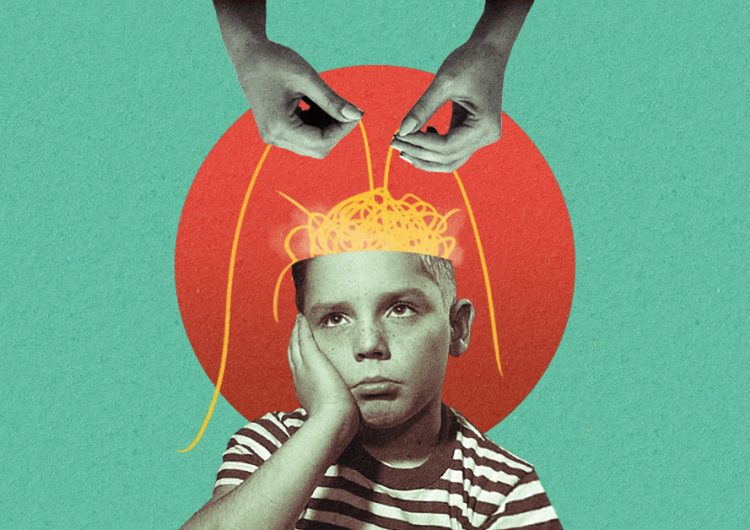The COVID-19 pandemic has forced the world into a grinding halt, and being thrown into immensely drastic change is bound to take its toll.
If you’ve been feeling uneasy or developing unusual ticks for seemingly no reason at all, it’s probably not just the late night blues. You could be experiencing pandemic anxiety, a topic that more and more mental health professionals are acknowledging.
According to Psychology Today, the pandemic is hitting home on four existential fears that humanity has: “loss of control, challenges to our identity, isolation, and ultimately, our fear of death.” This is leading to a host of anxiety-induced symptoms, like sleeplessness, a decline in memory and even anger.
According to Psychology Today, the pandemic is hitting home on four existential fears that humanity has: “loss of control, challenges to our identity, isolation, and ultimately, our fear of death.”
So how do we cope now? Luckily, simple tweaks to our daily behaviors can help ease our primal instincts.
The simplest lifestyle change we can do is to redirect thoughts into our personal routine when the world starts feeling a little too scary. According to Dr. Aiysha Malik from the World Health Organization’s (WHO) Department of Mental Health and Substance Abuse, keeping a routine or developing a new one to stick to can help us regain a sense of structure. It also addresses one of the primal fears that the pandemic hits the most.
Read more: Pandemic productivity: Stop guilting yourself for working differently
Psychology Today also endorses “grounding techniques” to keep us centered in times of extreme uncertainty. According to licensed clinical social worker Sara A. Showalter Van Tongeren, our body subconsciously sends threat signals in times of distress. Prolonged periods of these signals can cause fatigue or listlessness, which is why we need to calm our body with relaxation exercises. One technique worth trying is the progressive muscle relaxation, in which you clench and unclench your muscles in time with your breathing.
Don’t forget to create a clear separation between your work and personal time.
If you’re dealing with work-from-home woes too, take “psychological segues.” University of Georgia associate professor of psychology Kristen Shockley recommends carving out pockets of time called psychological segues—say, a 20-minute coffee break or stretch—to bookend your work days. Don’t forget to create a clear separation between your work and personal time.
If your status allows you to, you have every right to take a break from all the bad news.
Read more: How kids’ cartoons help me cope with my anxiety
Finally, remember that you’re human, and it’s perfectly fine not to take on the problems of the world all on your own. “What we should do from a practical standpoint is to take on reasonable input from others, but meanwhile not let the fear itself be contagious,” says psychologist and author Rick Hanson. Seeing unsettling stimuli all around you is bound to get overwhelming. “It’s like drinking from a fire hose,” says New York Times journalist Michael Cooper on the COVID-19 coverage. If it allows you to, take a break from all the bad news.
In times like these, being able to keep afloat is no easy feat—and it is more than enough.
In the end, remember that feeling okay right now isn’t a straightforward line. You might finally feel fine some days then go back to feeling restless the next. More than anything, getting back to normalcy is a process. We’re all just doing our best, and we’re in it together. In times like these, being able to keep afloat is no easy feat—and it is more than enough.
Art by Marx Fidel



